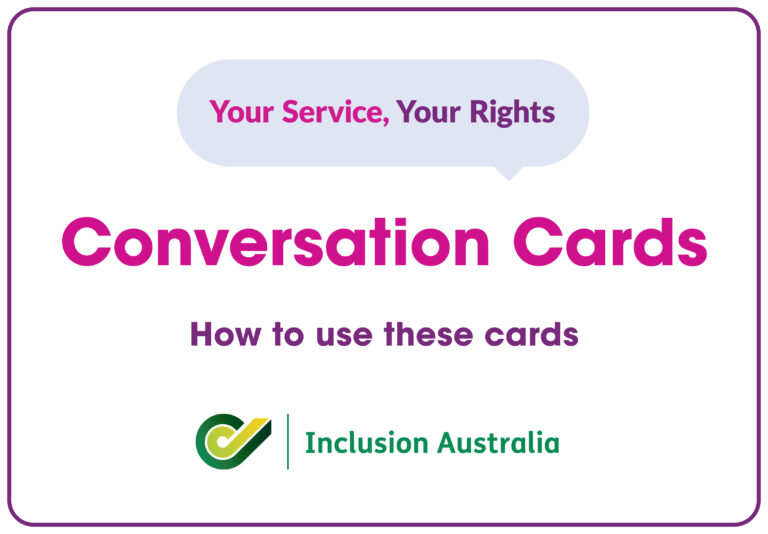Your rights as an NDIS participant
NDIS participants have specific rights about how you should be treated.
This means you should be treated fairly, with respect, and have a say in your NDIS supports and services.
You have the right to be heard, to make choices about your supports, and to feel safe and respected. Your NDIS supports should be built around your needs and goals, and it’s okay to ask questions or speak up if something isn’t right. Help is available if you need it.
There are laws to protect your rights as an NDIS participant. NDIS providers must follow these laws when they support you.
-
NDIS participant rights
-
Tools to support you
On this page

Your rights in the NDIS
In this video, Hendrix, a disabled young person, explains your rights as an NDIS participant.
Every NDIS participant has these rights
These rights tell you what you should expect from your NDIS supports or services, and how they should treat you.
You have the right to:
You should be safe when receiving NDIS supports. You should not experience someone hurting you, or making you feel sad or worthless.
You should get the care you need, including food and water, a place to sleep, and support to be part of your community.
Your supports should treat you kindly and with respect. They should listen to your thoughts and feelings.
They should not make you feel judged or looked down upon. They should accept your identity, choices and privacy.
You should have a say in who helps you and how they do it.
If you feel more comfortable with certain people or ways of getting support, you should be able to choose what works best for you.
If a support person or service isn’t helping you in the way you need, or is doing things that are not good for you, you have the right to stop using their services.
No one should push you into buying supports or services that you don’t want or need. You should be able to decide what supports are right for you without feeling pressured or guilty.
You should be charged fair prices for your support. The costs should not be too high, and you should feel that you are getting good value for the money you spend. You can contact the NDIS if you are unsure what a reasonable prices for your supports is.
You can choose what information you share, and who knows about that information. You do not have to share your full NDIS plan with service providers, even if they ask for it. People shouldn’t share your personal information without your permission, unless you are in danger.
The people who help you should know how to do their job properly and safely. They should be trained and use their skills to provide the best care possible.
You should be able to make choices about your life and the supports you receive. People should explain things clearly to you so that you understand your options, and what might happen based on your choices.
The people who support you should respect your choices.
The people who support you should respect your cultural background, traditions, and beliefs.

Make it known, make it better
Speaking up or making a complaint is your right. It helps keep you safe and can improve the quality of NDIS supports for everyone.
Visit the NDIS Commission’s Make it known, make it better webpage to hear real stories from disabled people about speaking up and making complaints about their NDIS supports.

Tools to support you
Inclusion Australia has created some Conversation Cards that can help you learn about your rights and think about what is important to you when using NDIS supports and services.